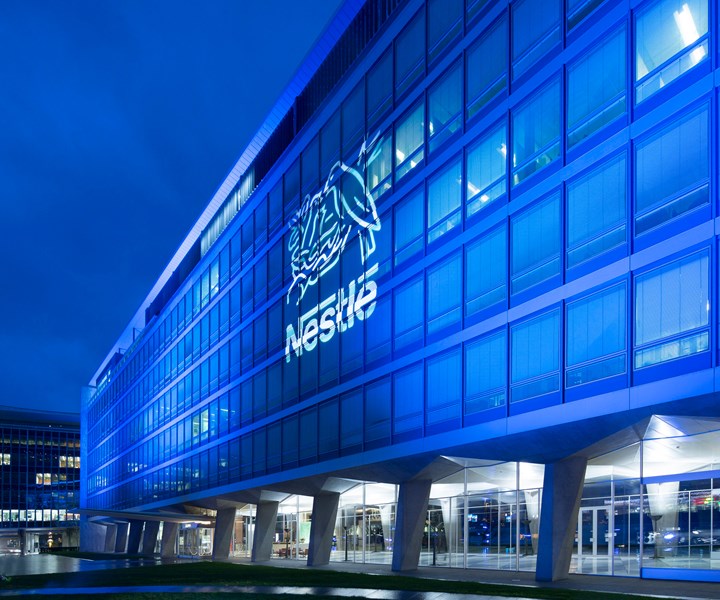Nestlé Plans to Invest About $2 Billion on Recycled Plastic Packaging
To create a market, Nestlé is committed to sourcing up to 2 million metric tons of food-grade recycled plastics.

Nestlé seeks to create a market for food-grade recycled plastics.
Nestlé announced that it will invest up to 2 billion Swiss francs ($2.1 billion) to ensure the high adoption rate of food-grade recycled plastics and to accelerate the development of innovative sustainable packaging solutions.
Building on its 2018 commitment to make 100% of its packaging recyclable or reusable by 2025, Nestlé will reduce its use of virgin plastics by one third in the same period while working with others to advance the circular economy and endeavor to clean up plastic waste from oceans, lakes and rivers.
To create a market, Nestlé is committed to sourcing up to 2 million metric tons of food-grade recycled plastics and allocating more than 1.5 billion francs ($1.5 billion) to pay a premium for these materials between now and 2025. Nestlé will seek operational efficiencies to keep this initiative earnings neutral.
Packaging innovation, including new materials, refill systems and recycling solutions, is another key challenge on the path towards a waste-free future, the company stated. In addition to its in-house research through the Nestlé Institute of Packaging Sciences, the company will launch a 250 million francs ($258 million) sustainable packaging venture fund to invest in start-up companies that focus on these areas.
These two initiatives come in addition to Nestlé’s major ongoing efforts in research, sourcing and manufacturing to make its packaging recyclable or reusable and contribute to its goal to achieve zero net greenhouse gas emissions by 2050. As part of the company’s packaging commitment and to increase transparency, Nestlé will continue to outline further initiatives and provide regular progress updates.
"No plastic should end up in landfill or as litter," said Mark Schneider, CEO of Nestlé. "Making recycled plastics safe for food is an enormous challenge for our industry. That is why in addition to minimizing plastics use and collecting waste, we want to close the loop and make more plastics infinitely recyclable. We are taking bold steps to create a wider market for food-grade recycled plastics and boost innovation in the packaging industry. We welcome others to join us on this journey."
Related Content
-
Scaling Up Sustainable Solutions for Fiber Reinforced Composite Materials
Oak Ridge National Laboratory's Sustainable Manufacturing Technologies Group helps industrial partners tackle the sustainability challenges presented by fiber-reinforced composite materials.
-
Calculating an Injection Molding Machine’s Carbon Footprint
Arburg has utilized the ISO TS 1467:2018 standard, which determines the greenhouse gas emissions of a product, to help its customers calculate the product carbon footprint (PCF) of its injection molding machines.
-
Pregis Performance Flexibles: In the ‘Wow’ Business
Pregis went big and bold with investment in a brand-new, state-of-the-art plant and spent big on expanding an existing facility. High-tech lines, well-known leadership and a commitment to sustainability are bringing the “wow” factor to blown film.















